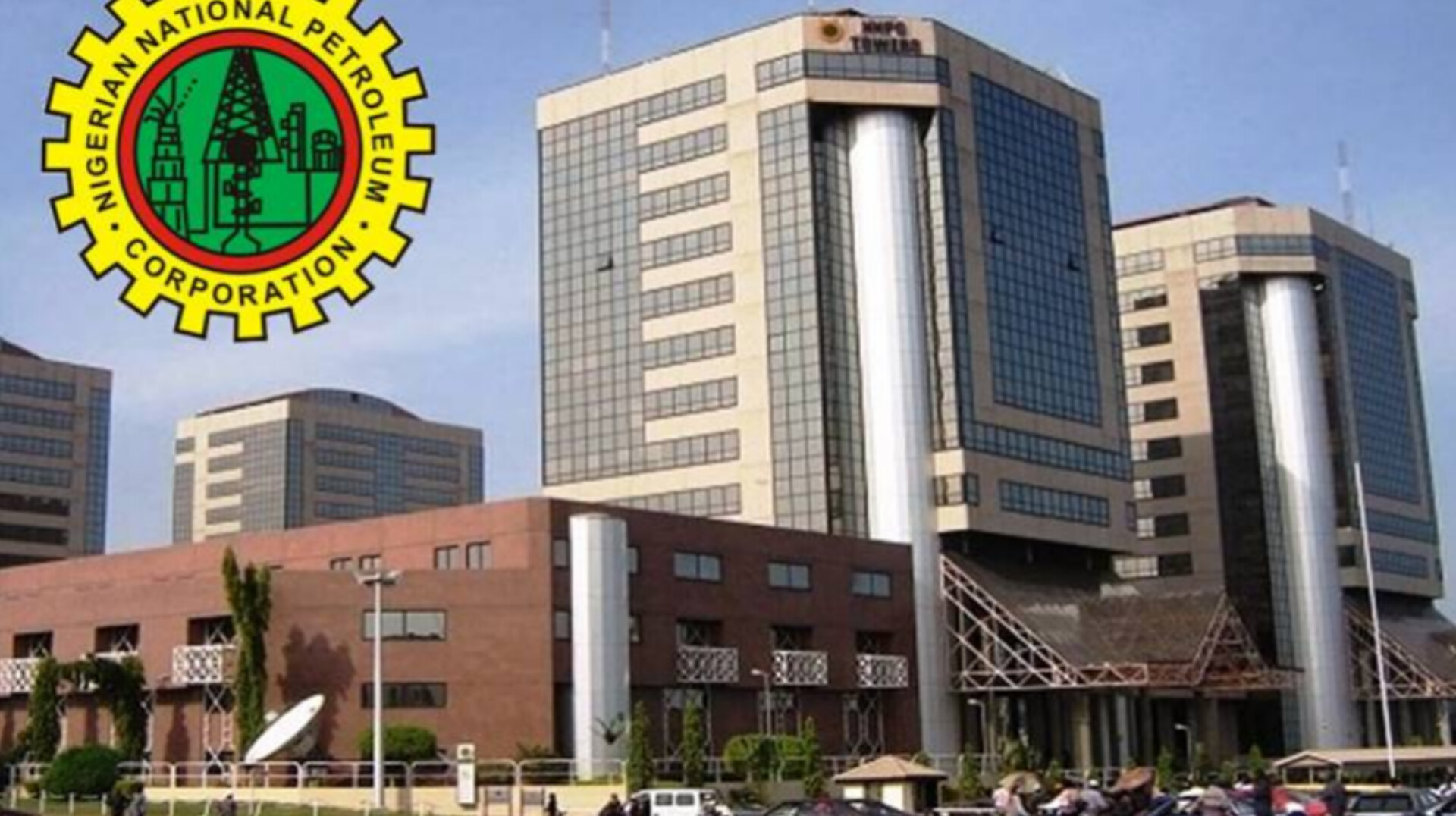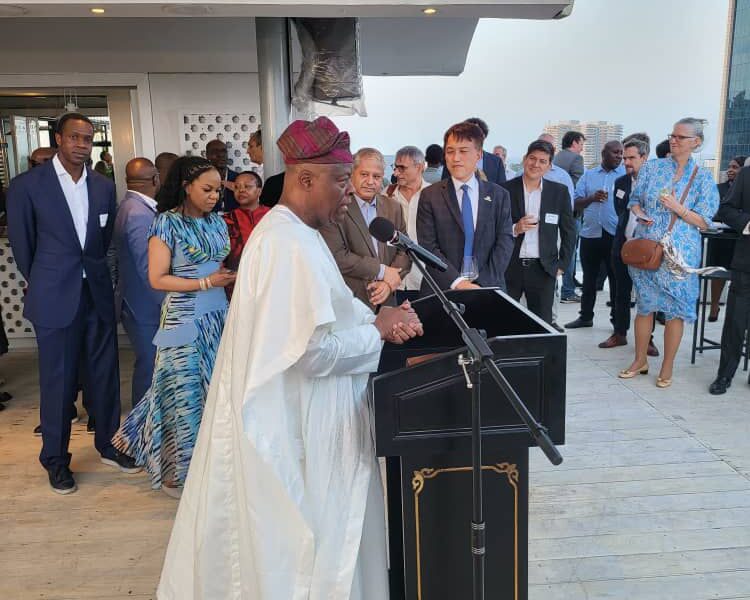***Says FG plans to bring in buses for 36 States of the federation
A group under the aegis of Civil Society for Trust and Fairness has pleaded with Nigerians to exercise some patience with the new Government of President Tinubu over fuel pump price adjustment from N517 to N617 which has been generating mixed reactions across the country since Tuesday.
Speaking at a press conference in Abuja on Thursday, the convener Hon. Sir Iyk Godspower said the Government has more plans that include supply of luxurious buses to cushion the effect of the price increase across the country.
According to him, “As Civil Society Organisation, it is incumbent on us to add our voice to the development that is happening in the economy as a result of fuel pump price adjustment from N517 to N617 which has been generating mixed reactions across the country since Tuesday.
“As Nigerians are all aware of the removal of fuel subsidy regime, we want to reiterate that the removal remains in the best interest of citizens and it would lead to sufficient funds to finance the budget and ensure provision of infrastructure that is much needed today.”
Explainung further, he said Nigeria is a developing economy, hence, any government responsible enough must look for means of liquidity sustainability, one of which he said is the removal of subsidy that has been a major conduit pipe to few oil buccaneers who disguised as business men.
“Unarguably, the removal has created a ‘price shock’, a development that is normal when a paradigm shift occurs.

“The increment of PMS pump price to N517 from the initial N195 per litre in May, 2023 after President Bola Ahmed Tinubu effected the removal of subsidy in his inaugural address, though shocking to Nigerians with its attendant difficulties, has nonetheless led to some advantages.
“This could be seen from the point of availability of products across filling stations. This was made possible, because government decided to break the monopoly of fuel importation.
“The latest slight in price increase too, like the first time, will not only ensure sufficiency of fuel, but will definitely lead to ‘price crash’ in no distant time.
“We acknowledge the hue and cry of the price increase as a result of the adjustment, but we are pleading with Nigerians to show understanding with the Federal government as measures are assiduously being put in place to mitigate the hardships.
“We have it on good authority that the Federal Government was considering palliatives for Nigerian workers through the upward review of salaries and wages; other citizens not captured in the organized system are also being considered for palliatives, while buses will be provided for the 36 States of the Federation including the Federal Capital Territory.
“This will come in form of a scheme that will be properly organized to ensure inclusiveness.
“Apart from the price crash that is the target which will happen soon, the Federal Government through the Nigerian National Petroleum Company Limited, NNPL will ensure functionality of the refineries with a record time. “This will erode the idea of FOREX difficulty that has become the determinant factor of price increase of PMS.
“We call on Nigerians, organized private sector, Labour Unions to show understanding with the Federal Government.
“We also call on the Federal Government to prevail on security agencies to stop the smuggling of fuel across borders to the neighbouring countries, even as they continue to work to bring down the cost of fuel price.”



